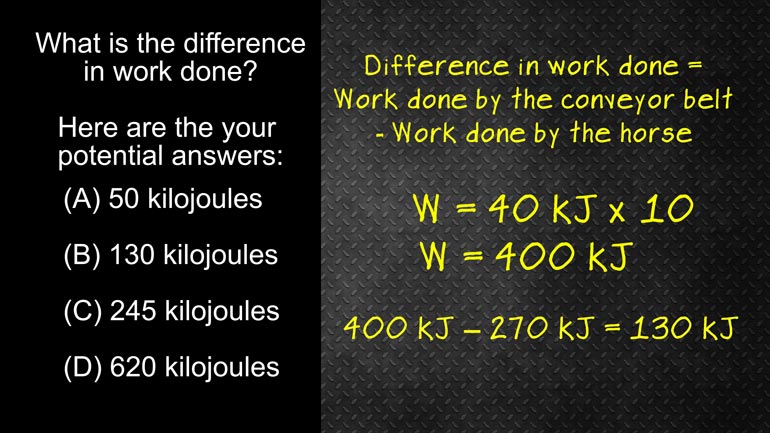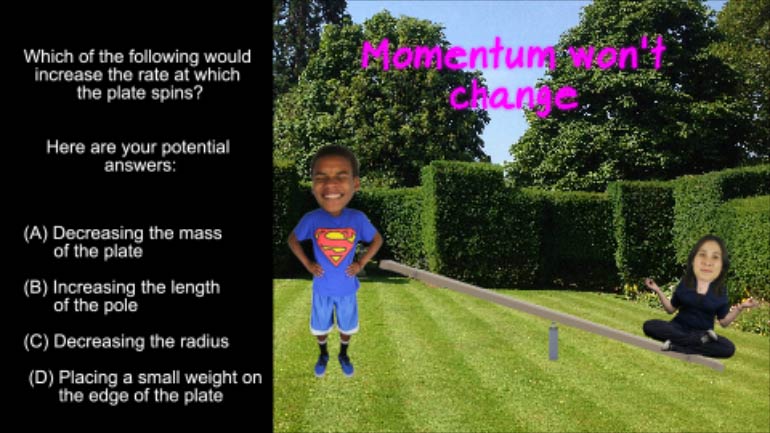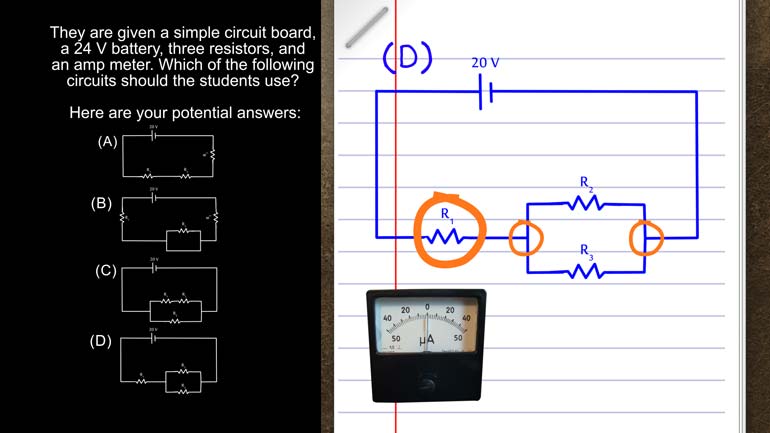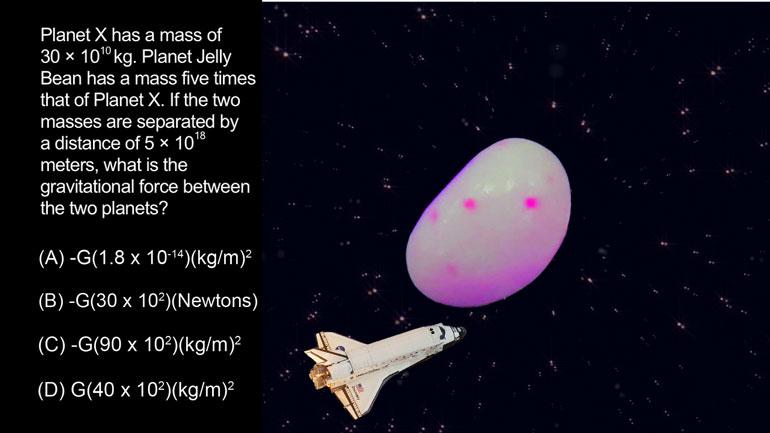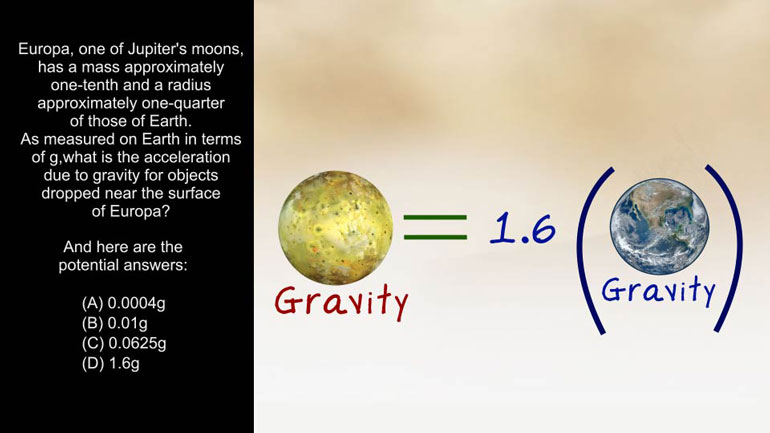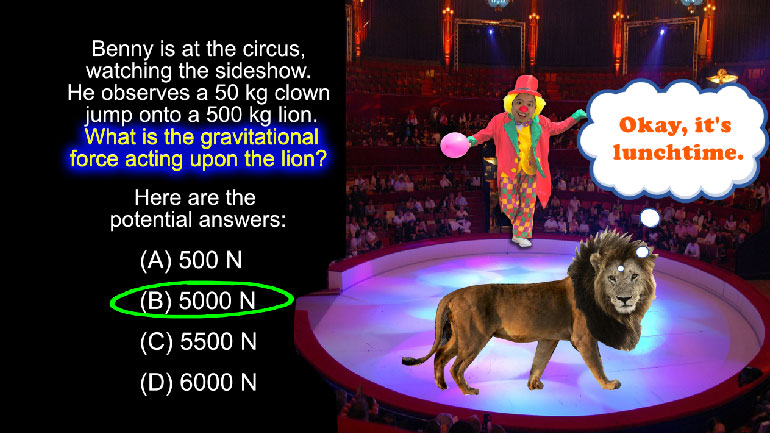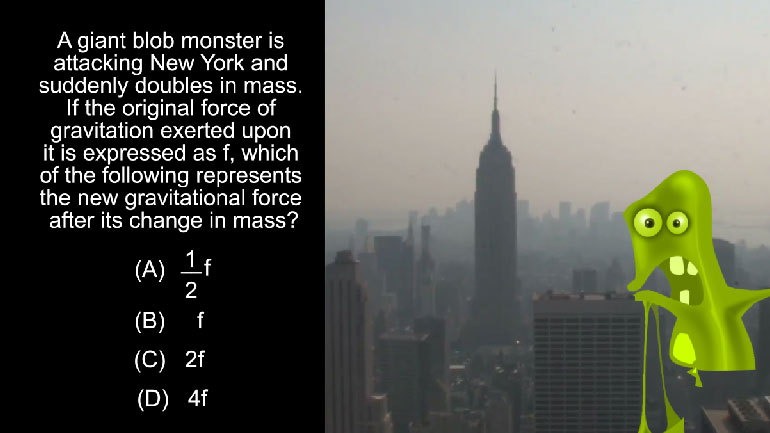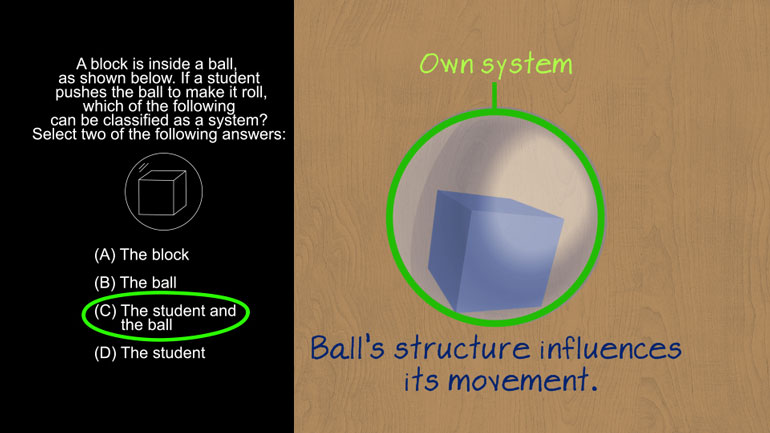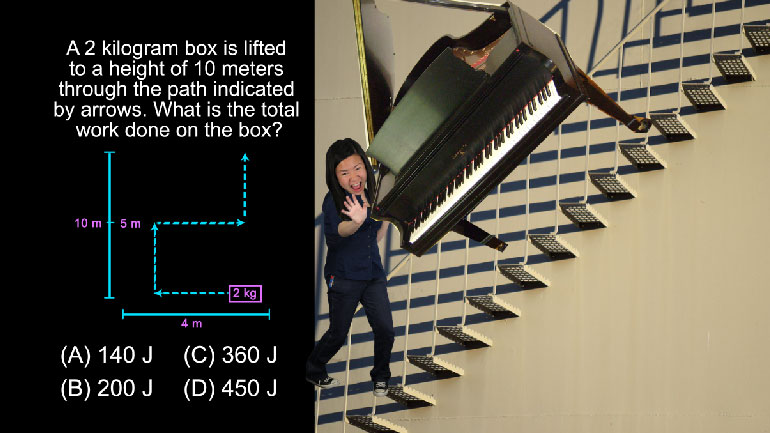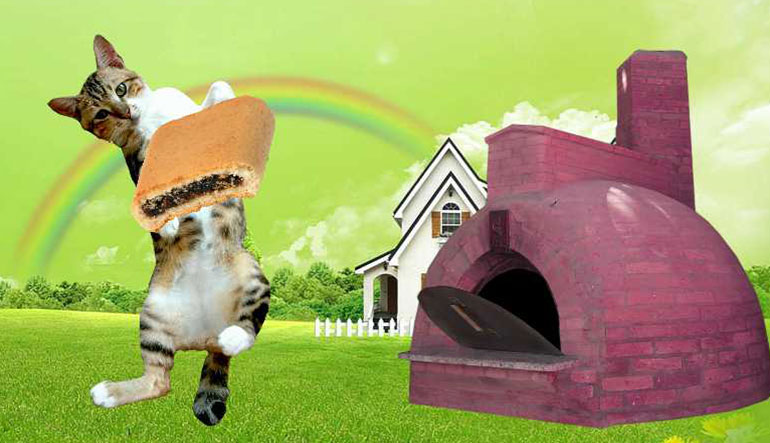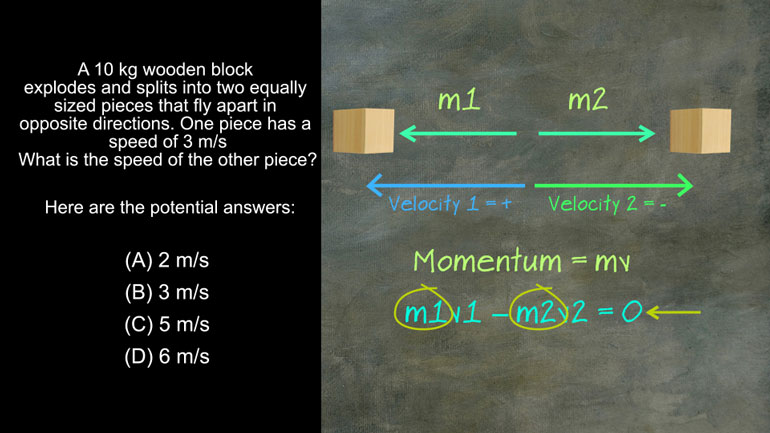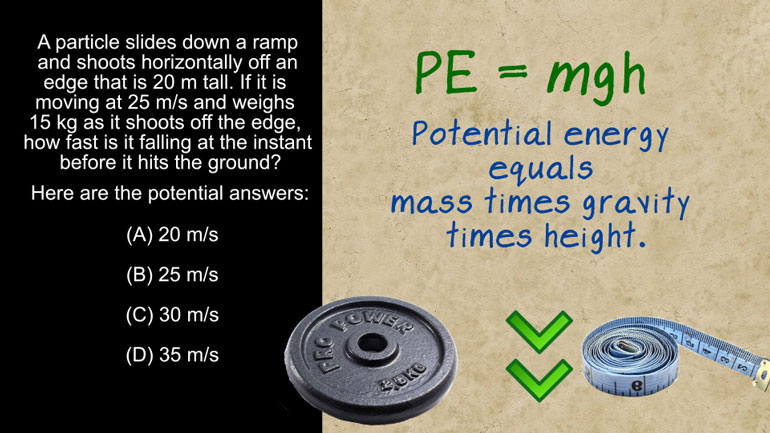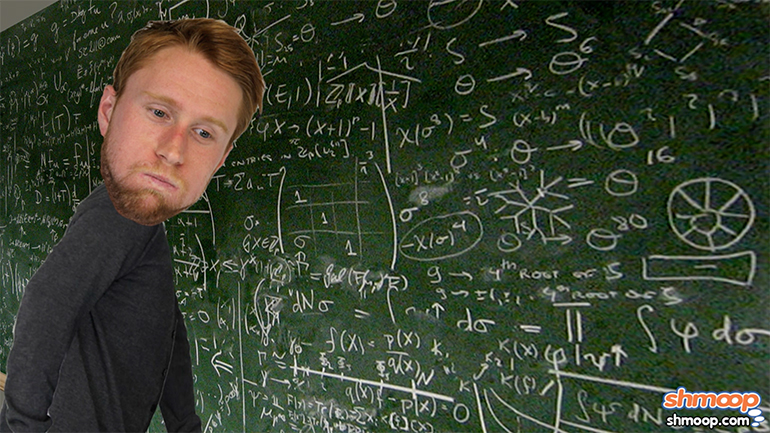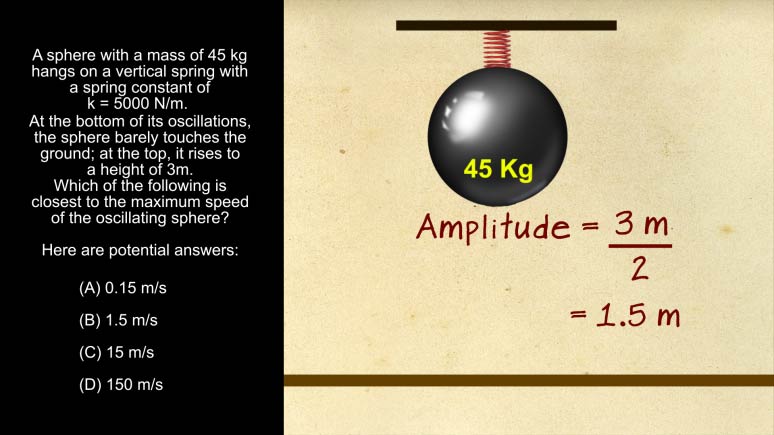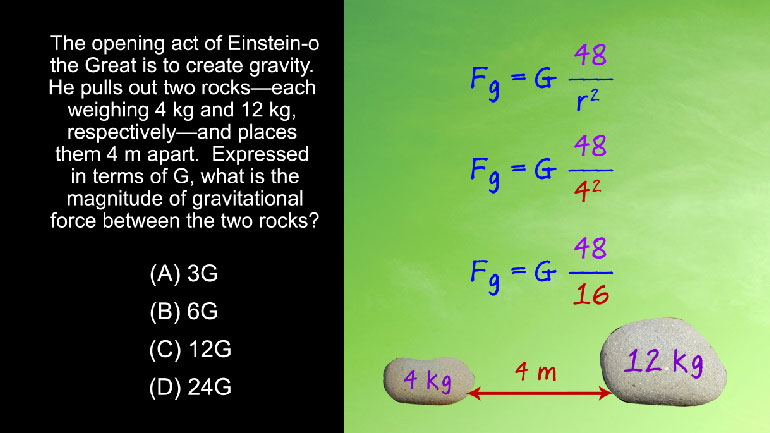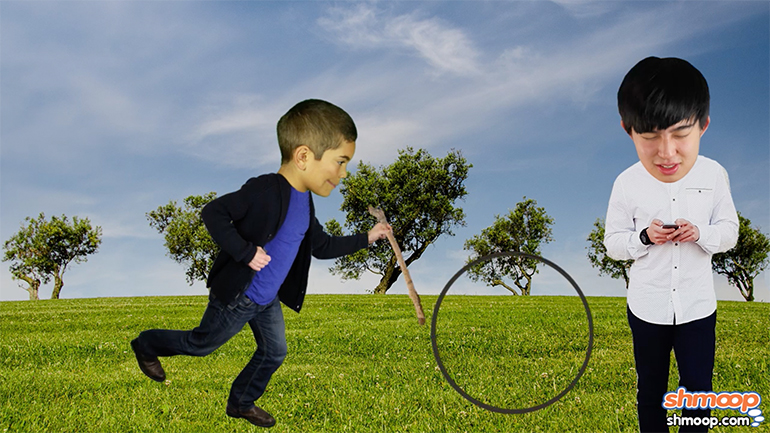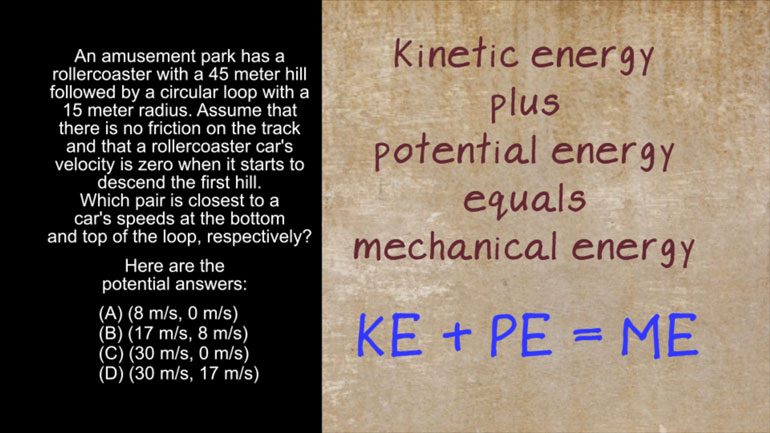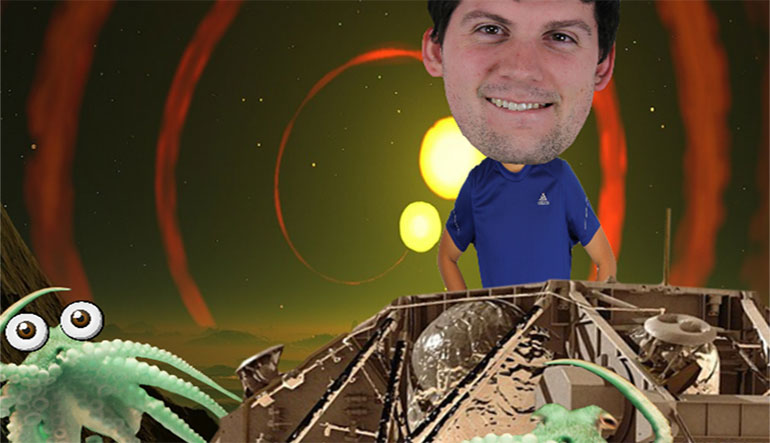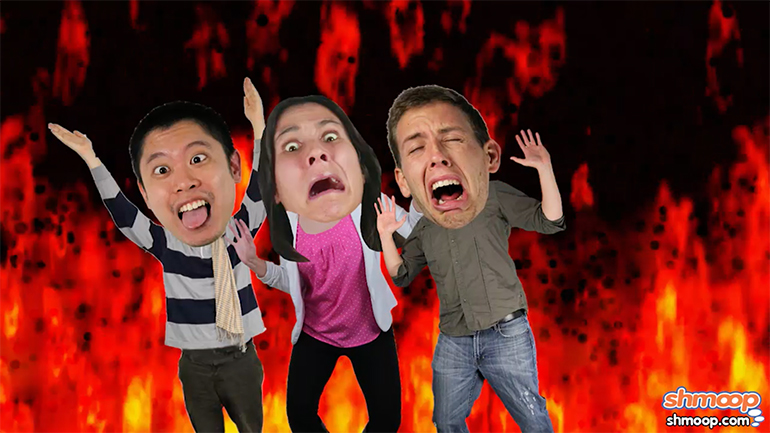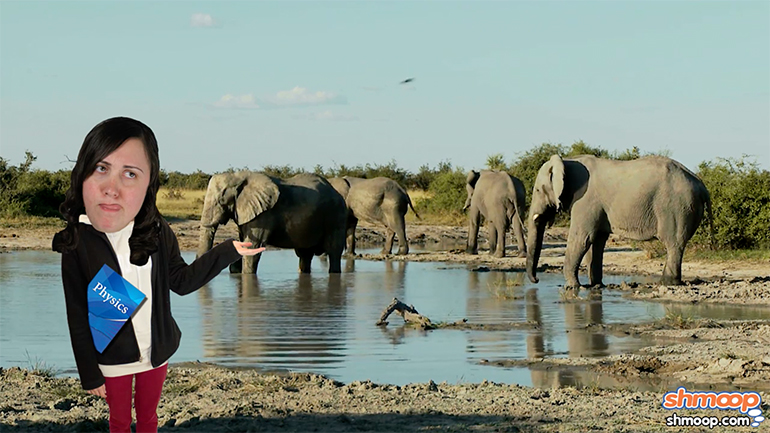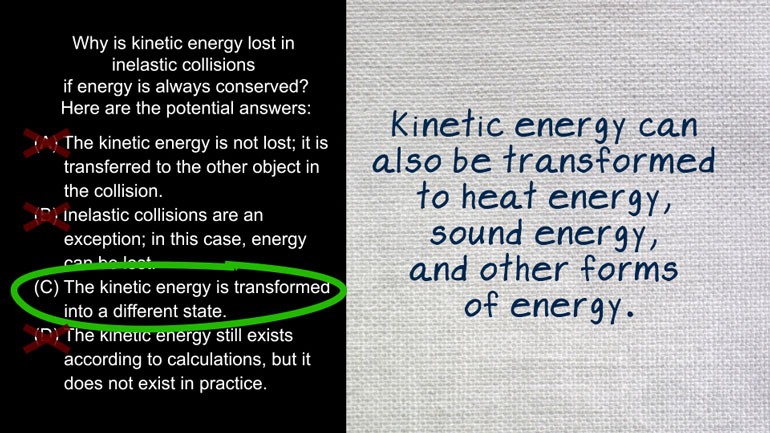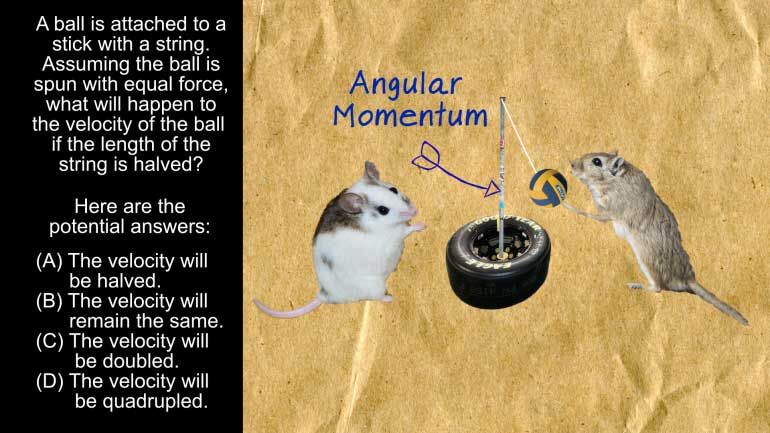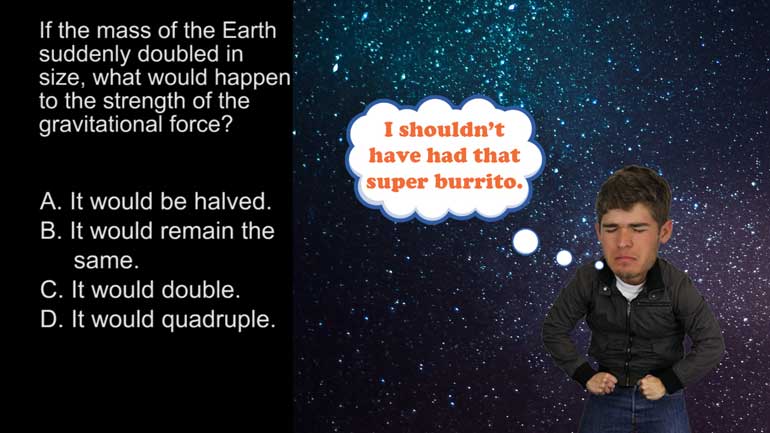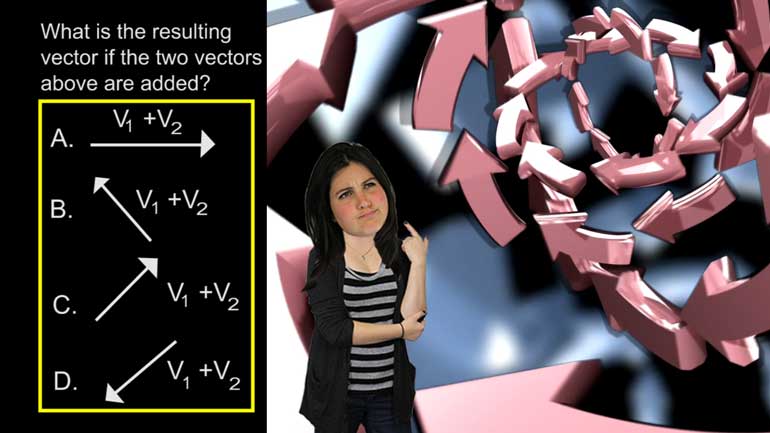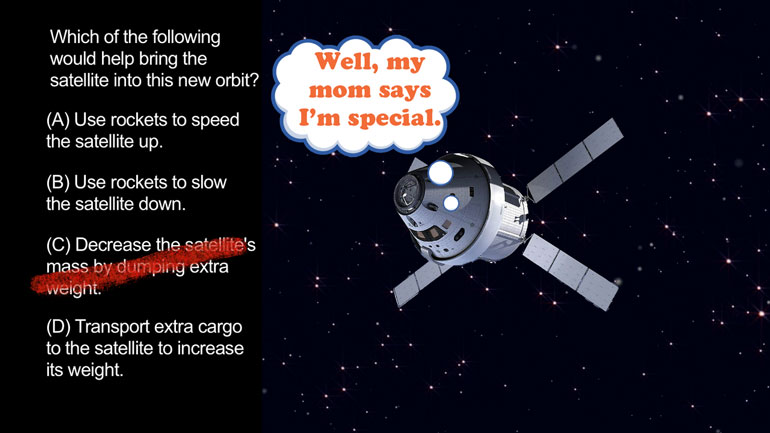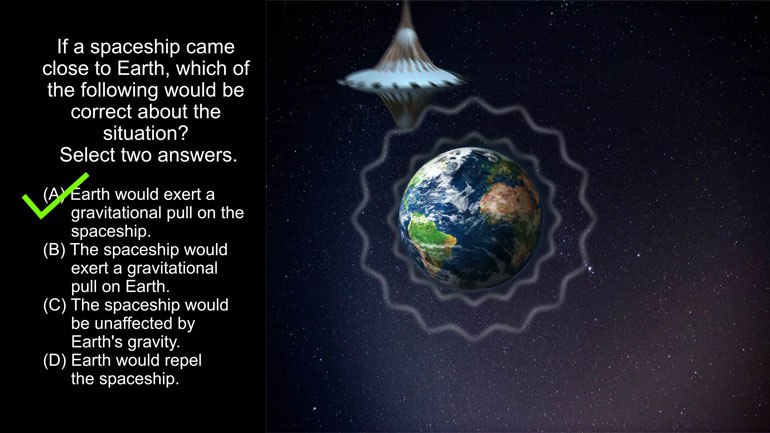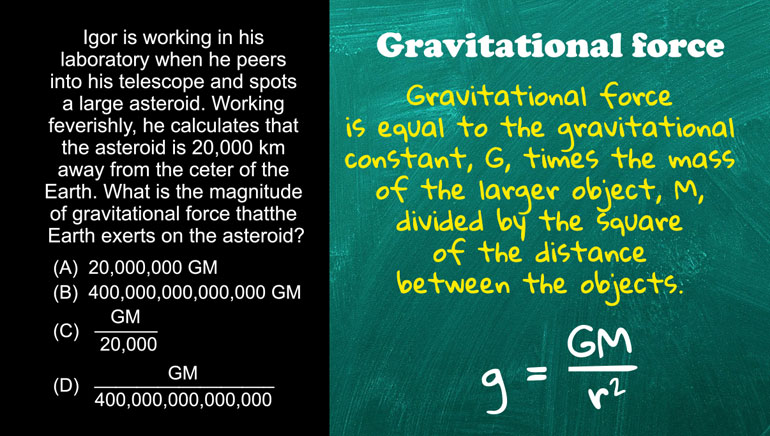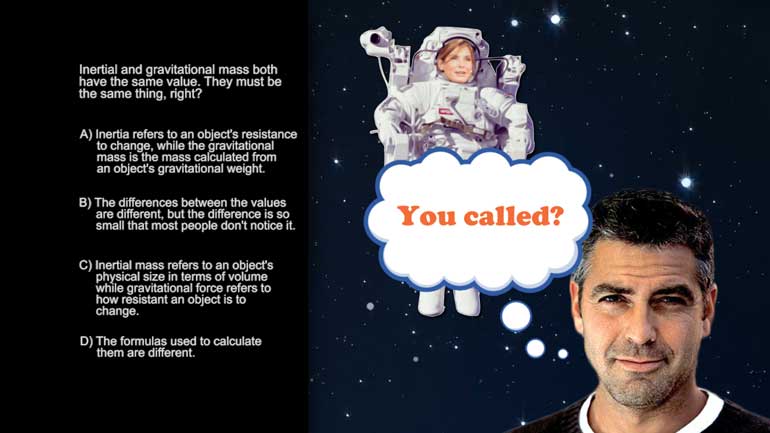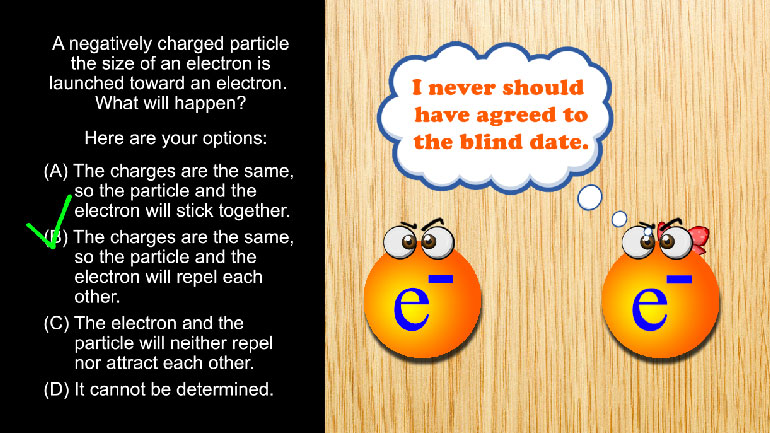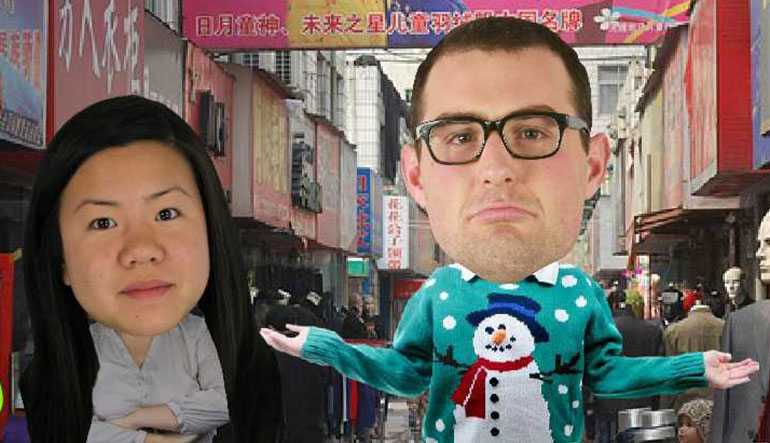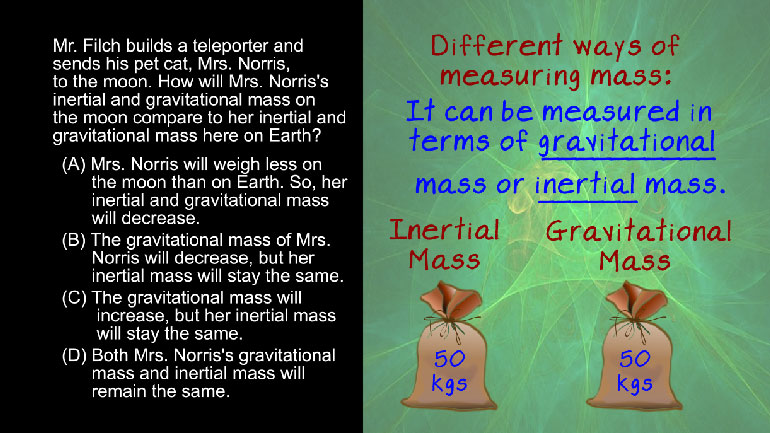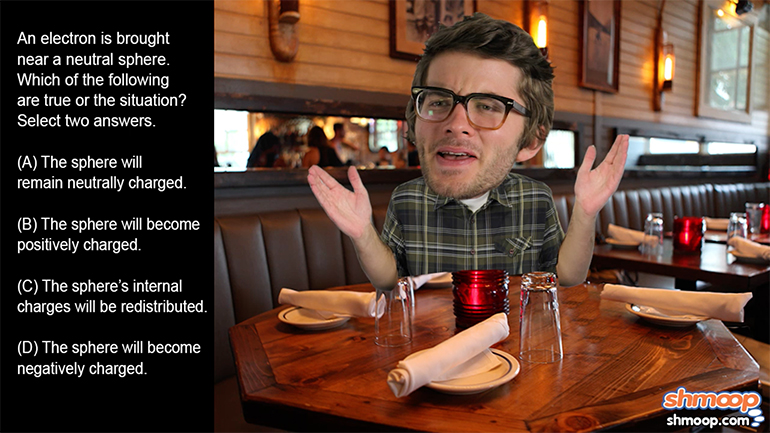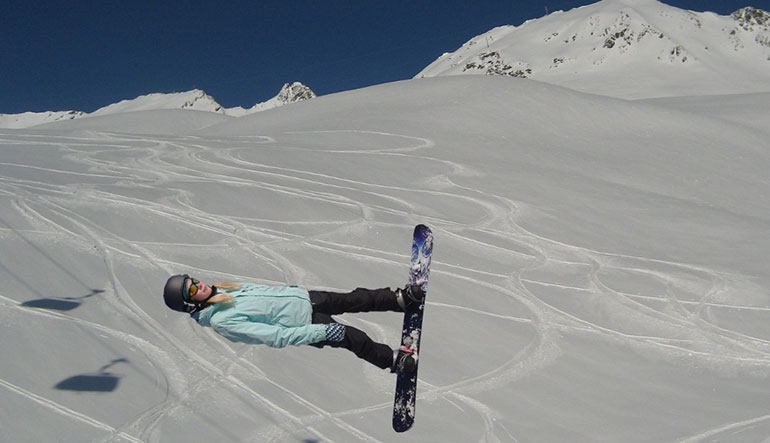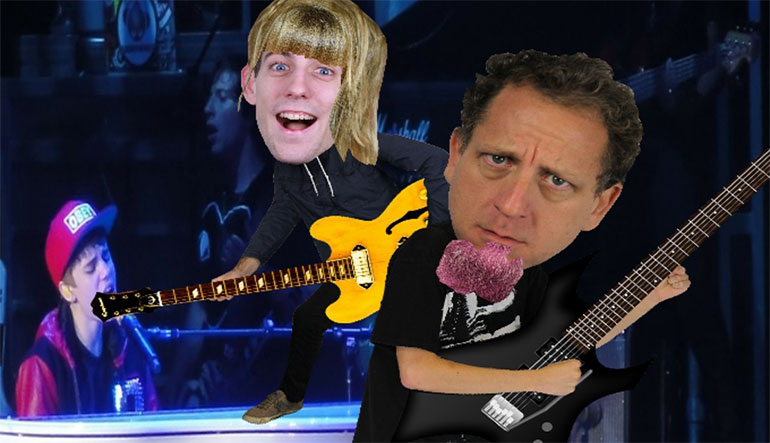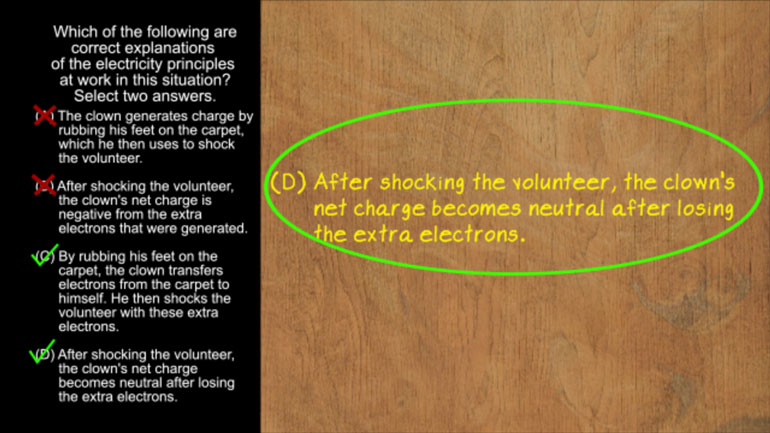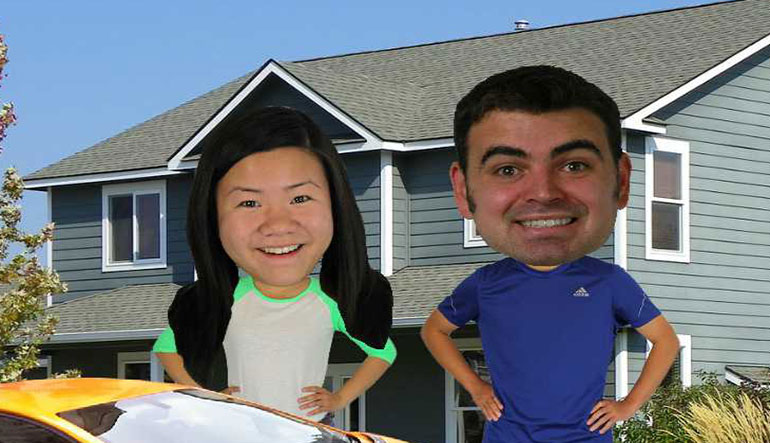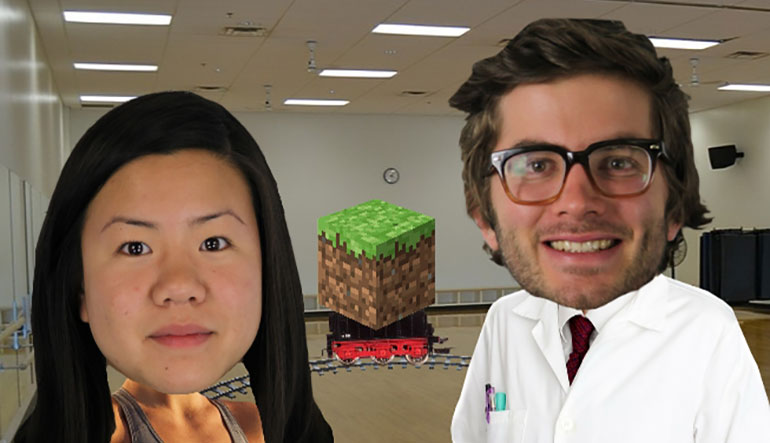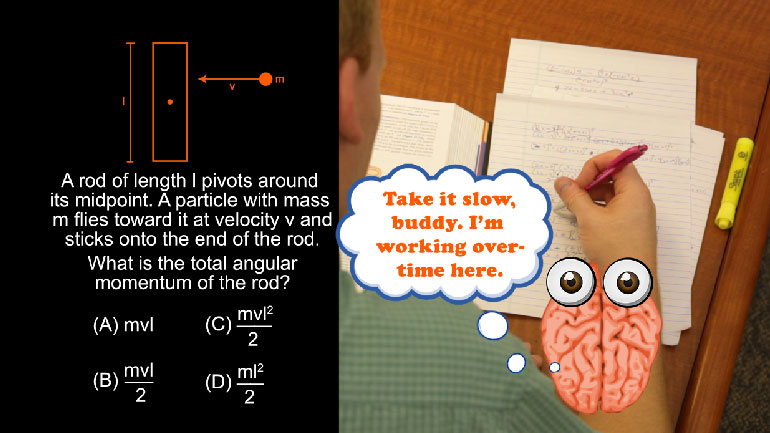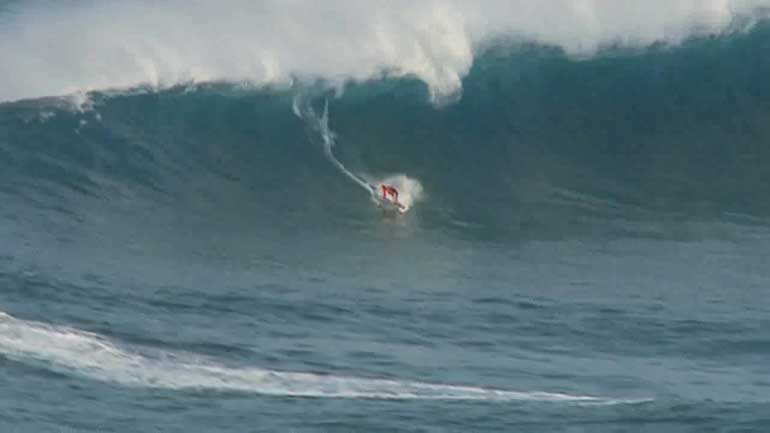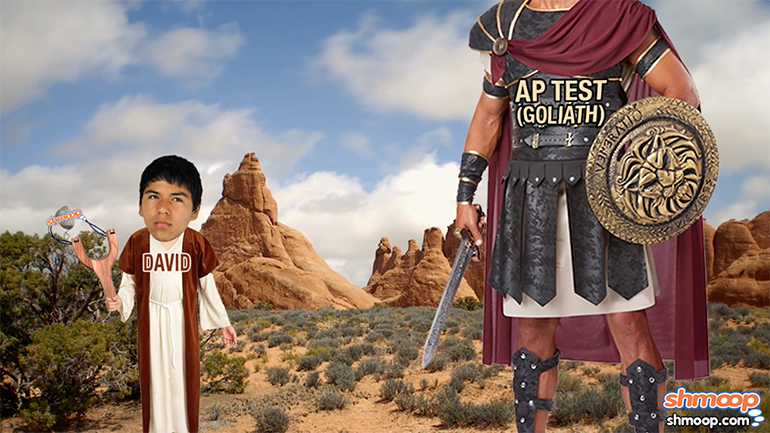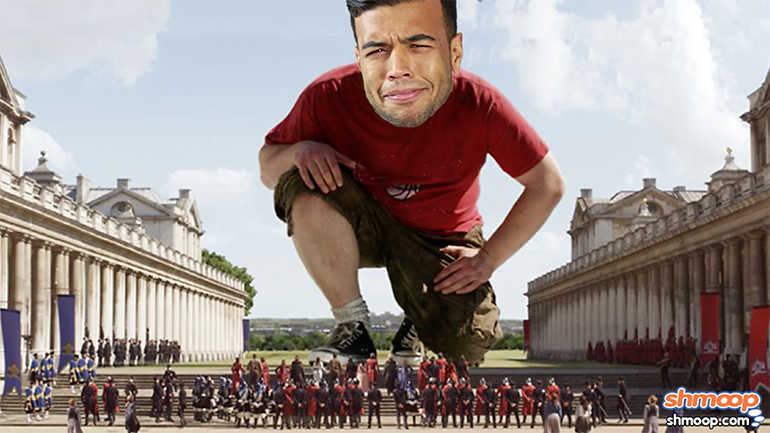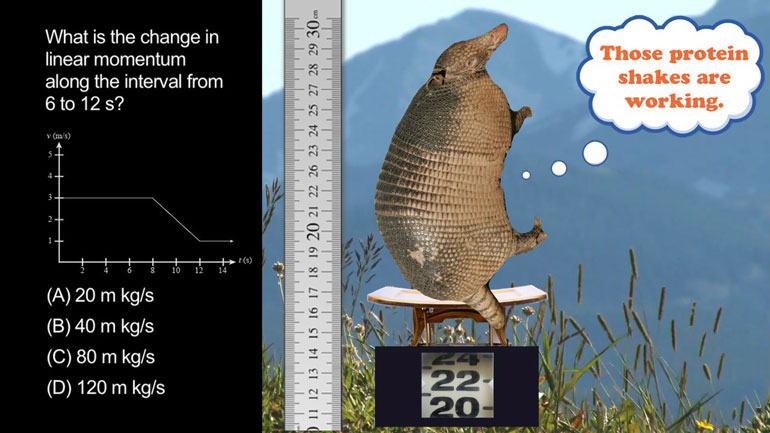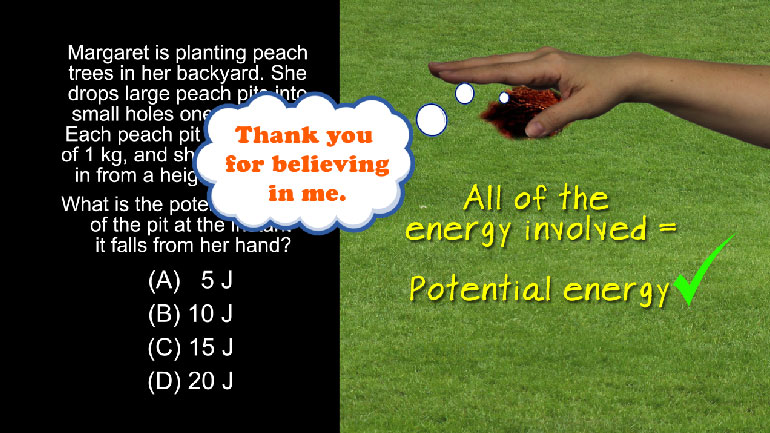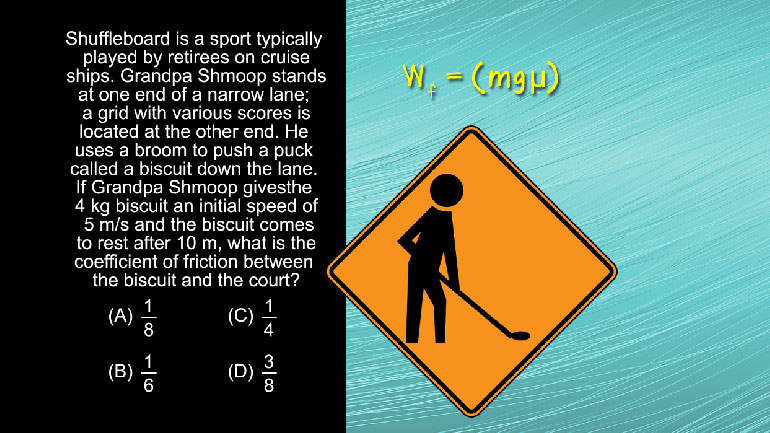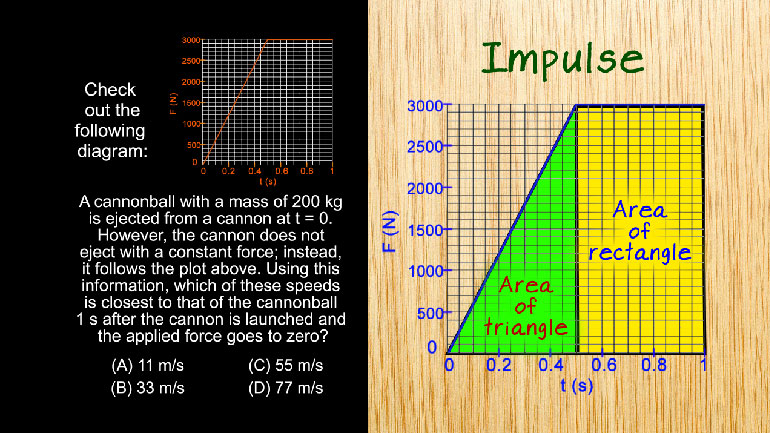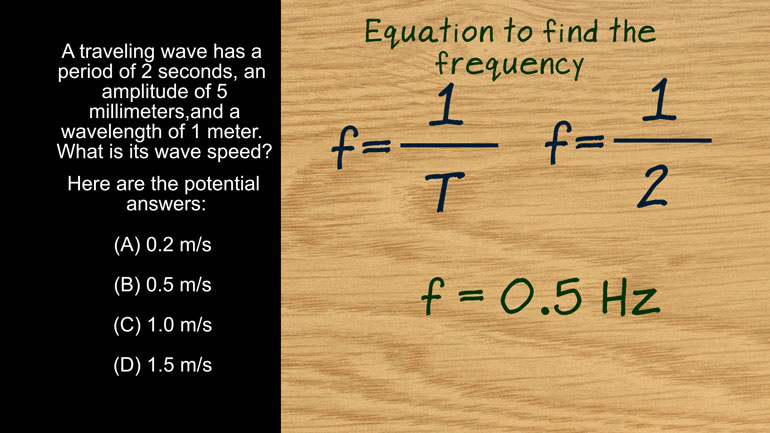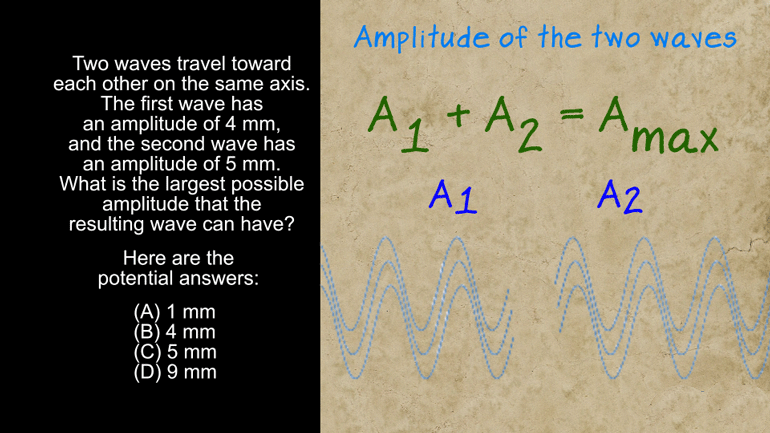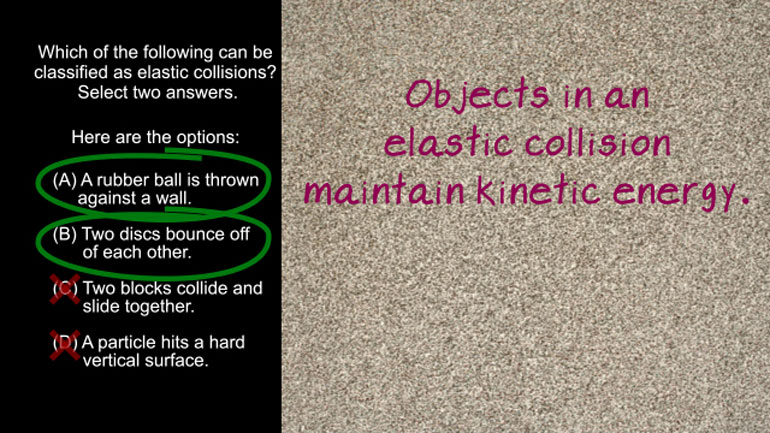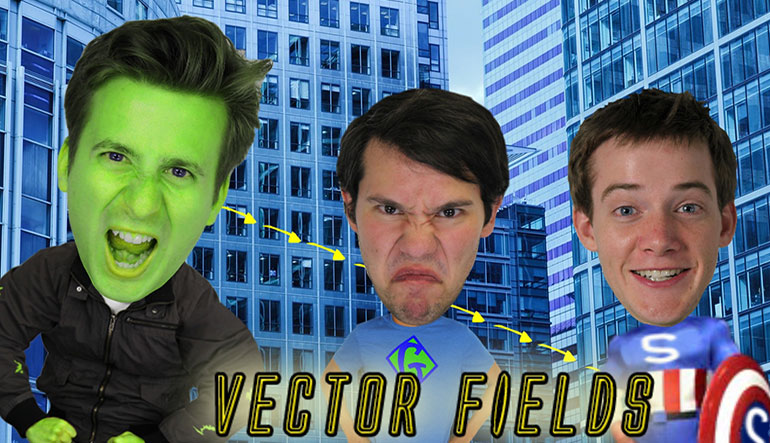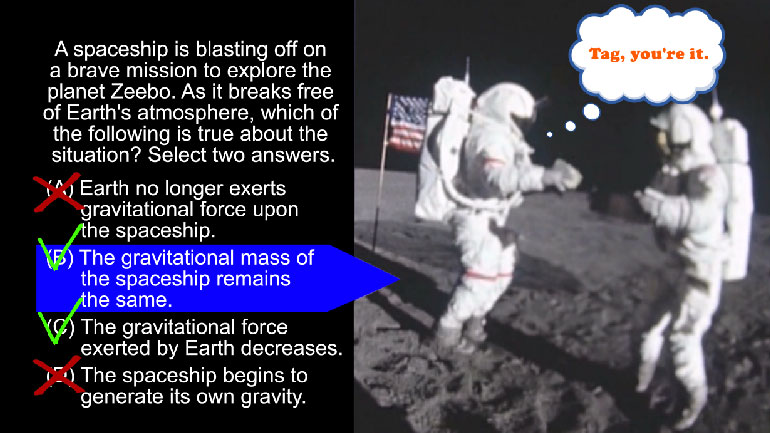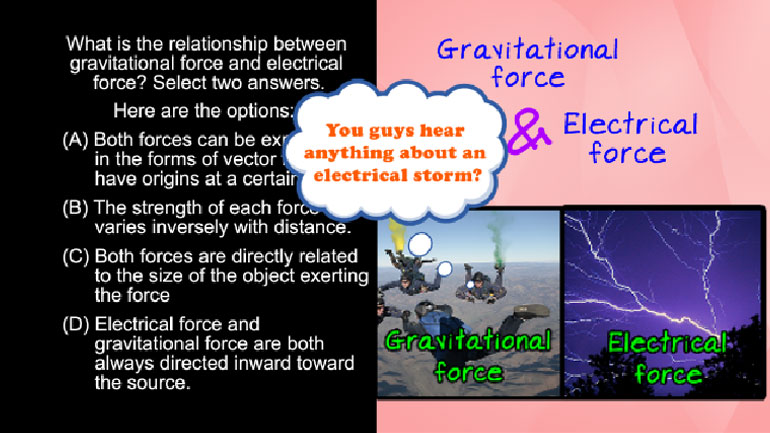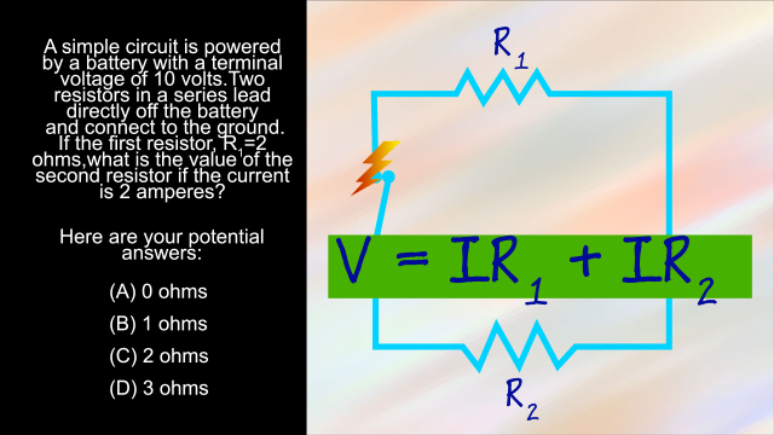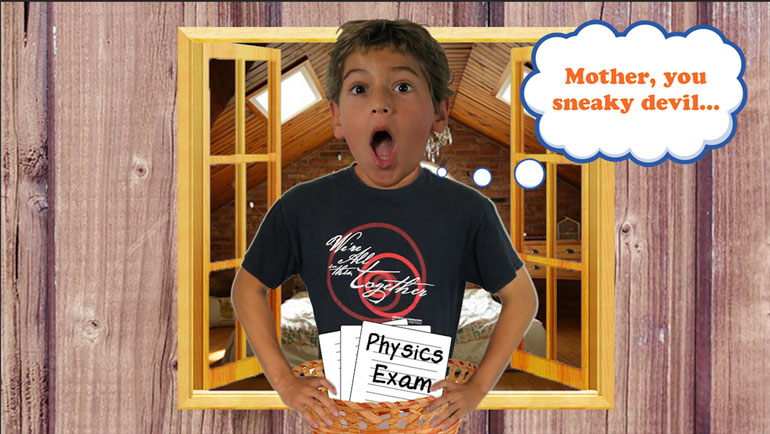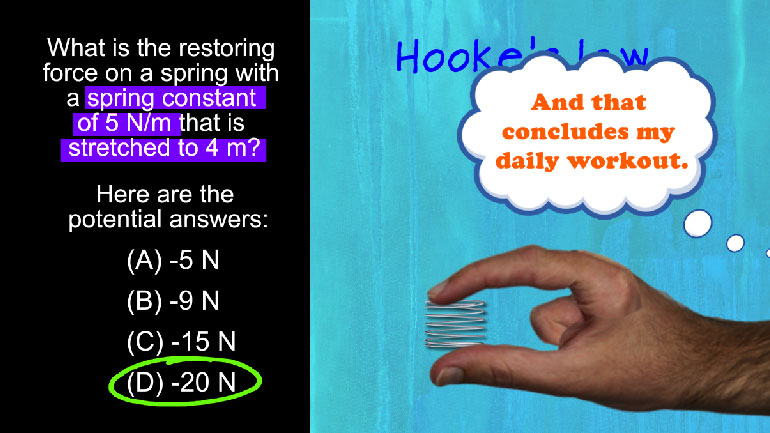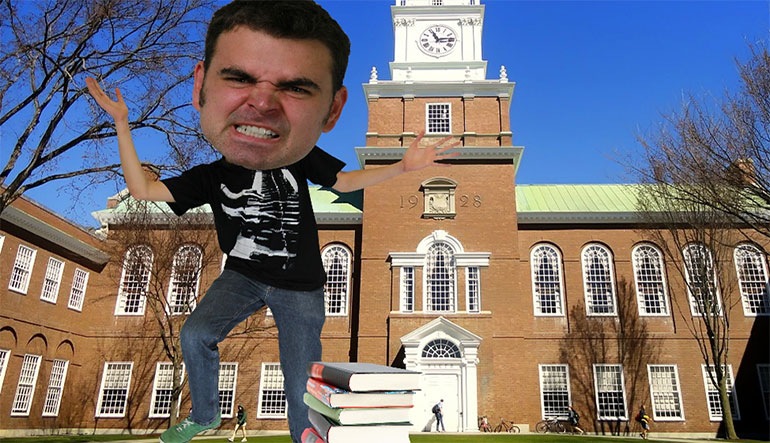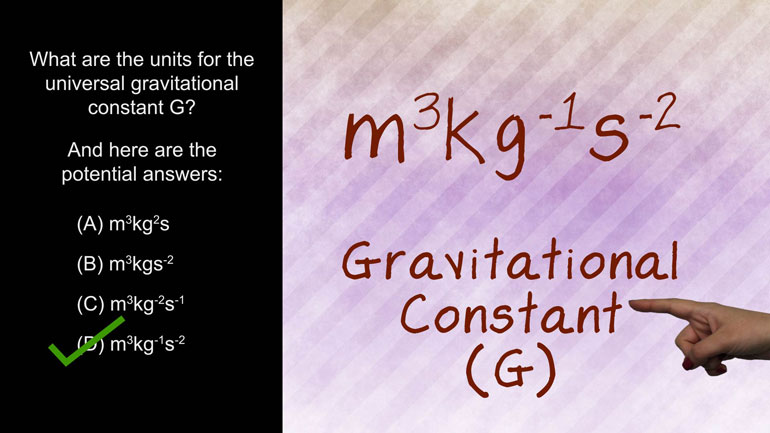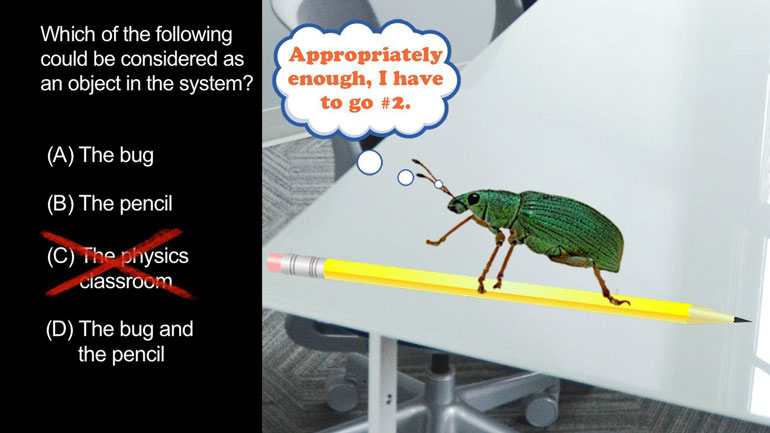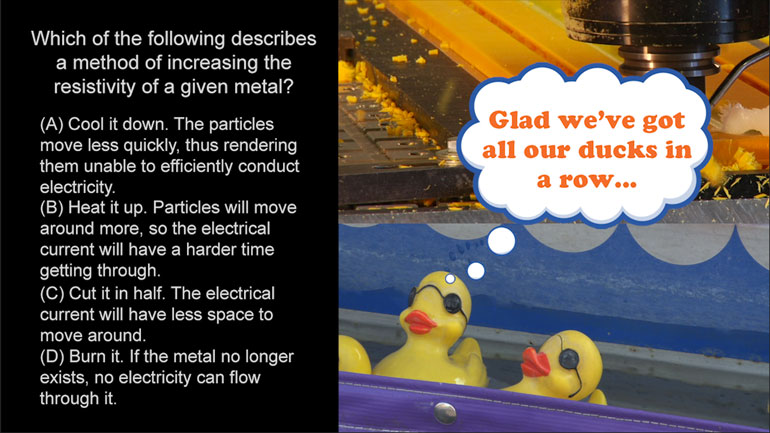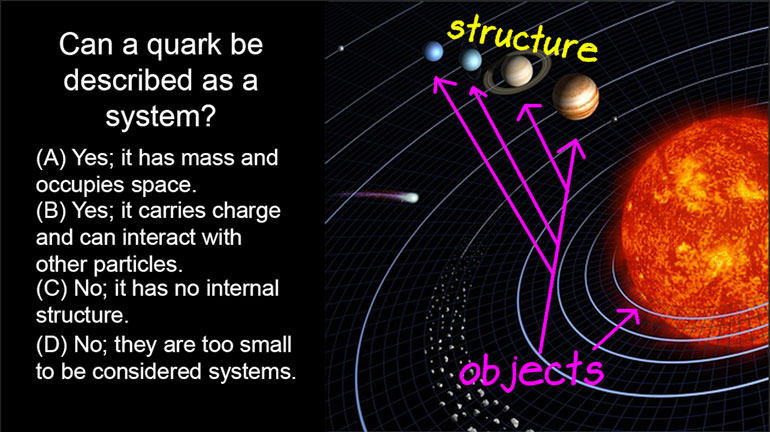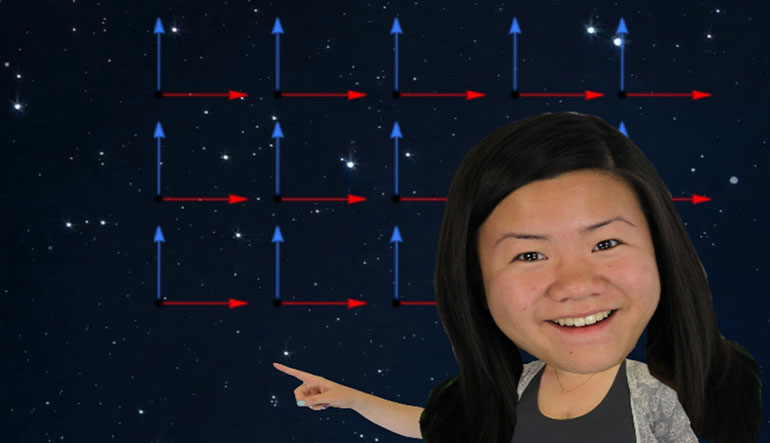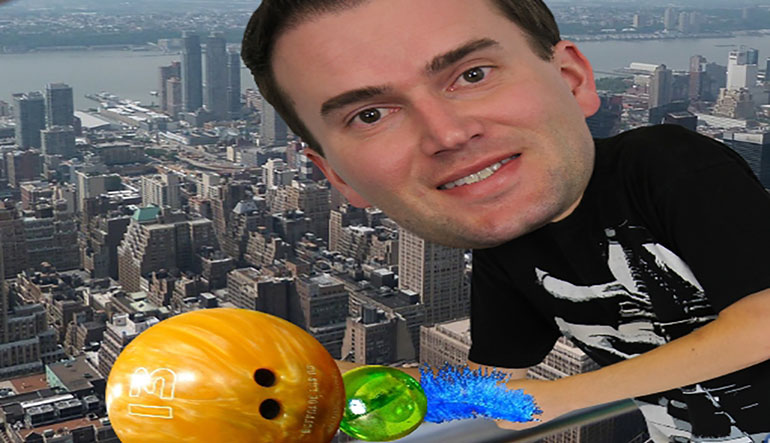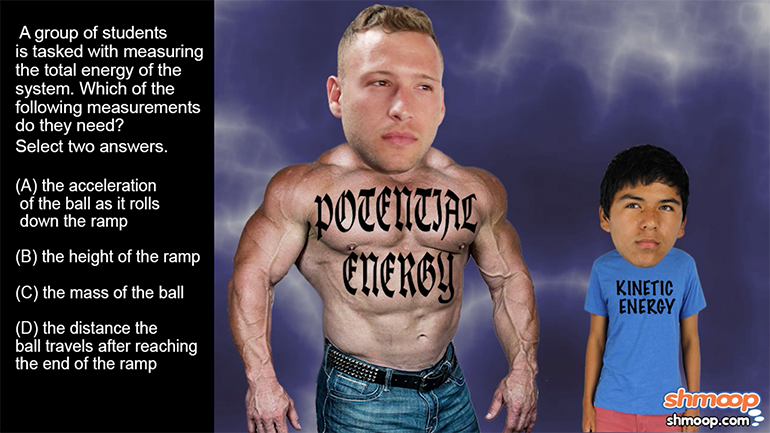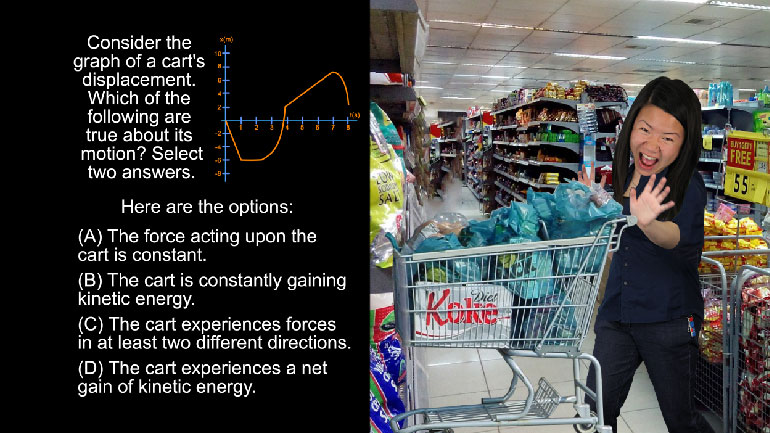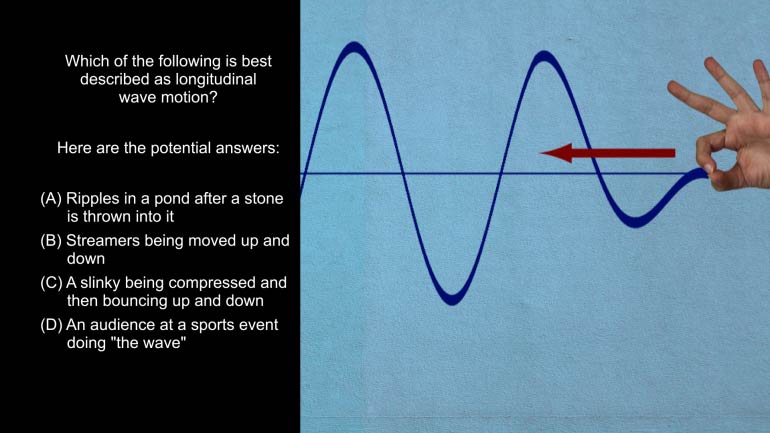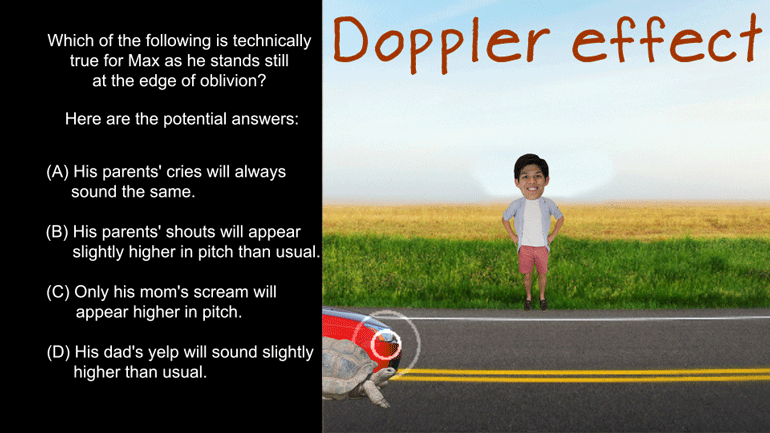ShmoopTube
Where Monty Python meets your 10th grade teacher.
Search Thousands of Shmoop Videos
AP Physics 1 Videos 69 videos
AP Physics 1: 3.3 Changes and Conservation Laws. What is the difference in work done?
AP Physics 1: 3.5 Changes and Conservation Laws. Which of the following would increase the rate at which the plate spins?
AP Physics 1: 2.4 Changes and Conservation Laws. Which of the following circuits should the students use?
AP Physics 1: 1.1 Object Interaction and Forces 258 Views
Share It!
Description:
If there's one good thing about the heat death of the universe, it's that we'll all have an excellent excuse for dodging physics homework.
Transcript
- 00:02
Well here's your shmoop du jour brought to you by moving particles, sure [particles moving in a white space]
- 00:06
moving particles might not seem like such a big deal there are zillions of
- 00:09
particles bouncing around all over the place all the time but if all those
- 00:13
particles stopped moving we have a little thing called the heat death of [People screaming while surrounded by fire]
- 00:17
the universe yeah bet you think those moving particles are pretty cool now
Full Transcript
- 00:21
well a particle is at rest at x equals 5 M at time T equals 0 s the particle
- 00:28
begins to move with an initial velocity of 2 meters a second and maintains an [equation of movement of particles]
- 00:34
acceleration of 1 meter per second squared well particle moves in a
- 00:37
straight line in the positive x-direction what is the location of the
- 00:42
particle at T 1 equals 6s and here's potential answers all right [muttering potential answers]
- 00:47
well there are ton of numbers in this question luckily we're
- 00:50
OK at math otherwise we might be in trouble now in order to solve this [Boy at his desk doing math homework]
- 00:54
problem we need to use our equation of motion which looks a little something
- 00:57
like this in this equation X represents distance V represents velocity A is [physics equation for motion]
- 01:04
acceleration and T is time well X sub 0 is the starting distance and V sub 0 is the
- 01:10
starting velocity well let's do a roll call to make sure we've got [Roll Call check list on a clipboard]
- 01:15
everything we need Kizer well do we have a starting distance yep that's 5 meters
- 01:20
how about a starting velocity that's 2 meters a second acceleration you hear
- 01:25
well 1 meter per second squared got it and last but not least time err that'd be
- 01:30
six seconds pop all that into our equation and what pops out is 35 meters
- 01:35
so option C is the answer these equations are going to come in handy so
- 01:39
[Boy hitting his laptop in frustration] we better start memorizing them after all the heat death of the universe isn't
- 01:43
expected to occur for at least 10 to the hundredth years so we can't rely on that [Earth covered by fire]
- 01:48
to avoid the AP physics exam.
Related Videos
AP Physics 1: 2.5 Changes and Conservation Law. At what point(s) in this situation is energy lost in any form?
AP Physics 1: 1.4 Waves. Which of the following is technically true for Max as he stands at the edge of oblivion?
AP Physics 1: 1.4 Changes and Conservation Laws. Find the current across R2.
AP Physics 1: 2.4 Changes and Conservation Laws. Which of the following circuits should the students use?
AP Physics 1: 1.5 Waves. What can possibly occur when the two waves reach each other?
